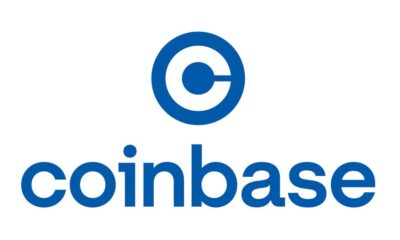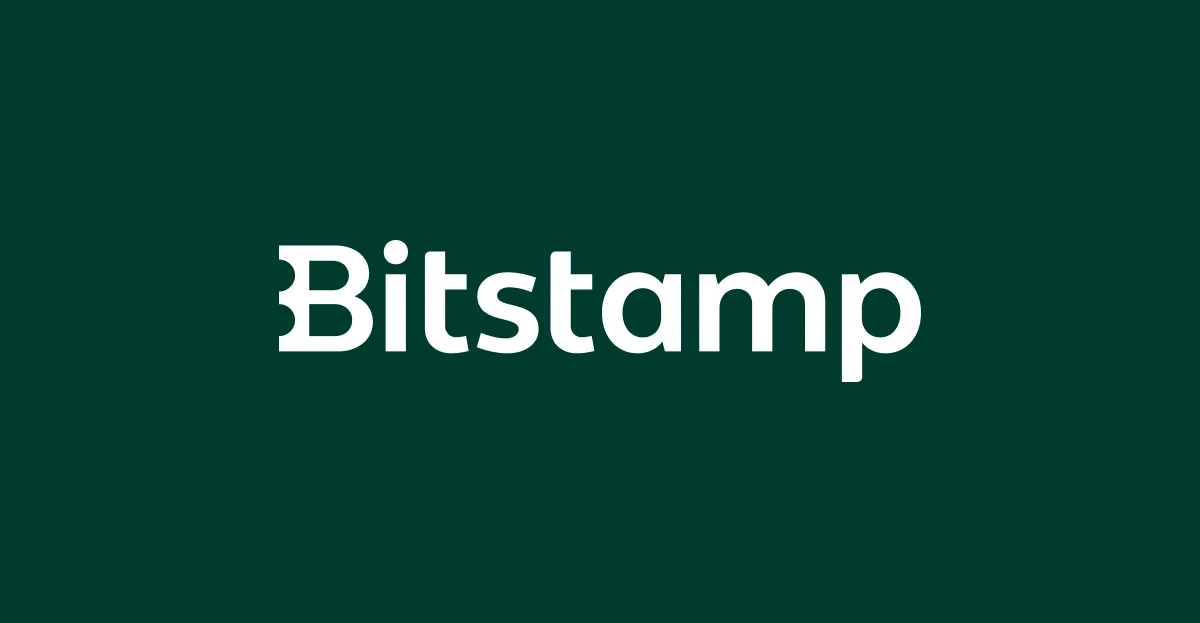Bank of America Research Report Says Digital Currencies ‘Could Boost Economic Growth’ in Developing Countries
Bank of America Research Report Says Digital Currencies ‘Could Boost Economic Growth’ in Developing Countries
Business
Coinbase Expands Trading Options for New York Users with Four New Tokens
Business
Bitstamp drops Tether’s euro stablecoin amid new MiCA rules
Bitstamp, a prominent cryptocurrency exchange, has decided to delist the Euro Tether (EURt) pairing from its platform as part of its compliance efforts with the Markets in Crypto-Assets (MiCA) regulations set by the European Union (EU).
Business
Biconomy onboards AI agents for onchain transactions
In a groundbreaking move, Biconomy has unveiled the integration of AI agents for facilitating on-chain transactions, heralding a new era of efficiency and automation in the cryptocurrency space.
-

 Business4 days ago
Business4 days agoBitcoin mining stocks rocket 24% on macro climate, AI play: Analyst
-

 News3 days ago
News3 days agoFTX estate sues KuCoin to recover over $50M in assets
-

 Business3 days ago
Business3 days agoBhutan gov’t moves $66M of Bitcoin stash to Binance as price tops $71K
-

 Business3 days ago
Business3 days agoGemini crypto exchange receives preliminary approval in Singapore
-

 Business3 days ago
Business3 days agoApple rolls out Apple Intelligence, but fails to wow AI crowd
-

 Business3 days ago
Business3 days agoMeta is reportedly building its own AI-powered search engine
-

 Business4 days ago
Business4 days agoBitcoin hits $70K amid huge ETF inflow streak
-

 Business4 days ago
Business4 days agoCoinbase to sponsor NBA team in aftermath of FTX collapse


















